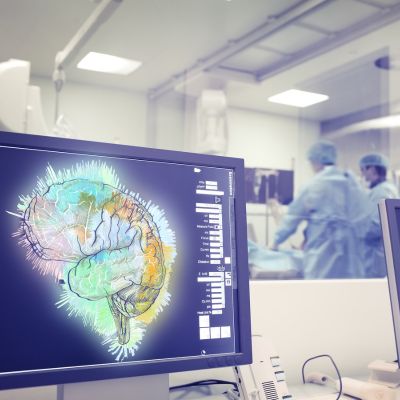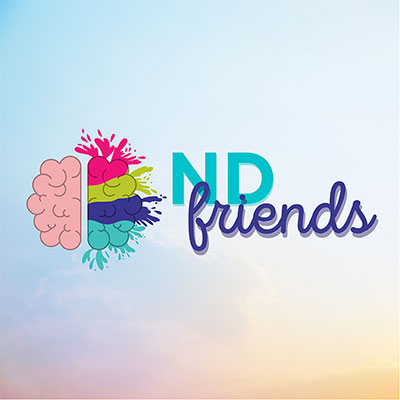OUR PROJECTS

The Science of Autism: Creating a New Paradigm for Diagnosis and Treatment
At the Neurodiversity Foundation, we are more aware than most that the intricate complexities entwined with an autism spectrum disorder diagnosis are profound. Nevertheless, we hold the firm belief that the prevailing one-size-fits-all approach does not adequately serve the diverse needs of neurodiverse individuals striving for their optimal lives. To address this, we are orchestrating an amalgamation of genetic, neurological, and behavioral data, with the aim of constructing a nuanced framework for categorizing individuals on the autism spectrum into narrower and more precise archetypes, each characterized by distinct requirements. Through careful quantification of the distinct archetype for each patient, we are positioned to engage in collaborations with precision medicine initiatives to create treatments painstakingly customized for each individual. This endeavor has the potential to revolutionize the healthcare journey for all neurodiverse individuals nationwide.

ND Mentor Network: Celebrating Neurodiversity in the Workplace
The Neurodiverse Mentor Network will connect neurodiverse individuals with relevant professional experience to mentees with similar goals, aspirations and interests. The Neurodiverse Mentor Network will house unique content specific to neurodivergent experiences in the workplace, including how to frame unique skills and abilities, how to ask for accommodations, setting near-term and long-term career goals and how to achieve them, and how to speak with a manager or colleague about issues being experienced in the workplace.
Neurodiverse (ND) individuals can experience unique work related successes and struggles compared to the neurotypical population. Members of the neurodiverse community tend to struggle in the same areas of memory and concentration, organizational skills, time management and self-care. The Neurodiverse Mentor Network will establish a private-network of neurodiverse individuals across all sectors and stages of their careers to share their knowledge, professional experience, and workplace strategies to ensure professional growth and success.

ND Friends: Share Your Story, and be Uniquely You
Nearly half of the autistic adults in the United States live with a family member and about one in five is unemployed. Only nine percent of adults with autism have ever been married and only thirty two percent of autistic individuals have had a romantic partner despite having a similar desire for human connection as neurotypicals. This is an overlooked emotional trauma affecting millions of individuals.
We are developing a comprehensive dating and friendship platform to aid in connecting neurodiverse (ND) individuals with people who truly understand them... fellow ND's! Our platform will allow you to tell your true, raw, and honest story and to be yourself from the outset. This is a space where you will never have to fake being neurotypical. If describing yourself isn't your greatest strength, we offer individualized lifestyle preference and personality assessments to uncover the unique collection of powerful traits you have to offer – which can be added to your ND Friends profile.
If connecting with one individual sounds GREAT, but a group of NDs who share your same passion sounds EVEN BETTER, look no further. Based on the interests provided in your intake assessment, we will suggest relevant groups for you to join.

Autism Unmasked: Diagnosing Women
Our "Autism Unmasked" initiative was created to improve the diagnostic criteria for women with autism. Currently, men are diagnosed at a 4:1 ratio due to clinical trials being heavily dominated by male subjects. Even amongst men, the behavioral presentations which meet the diagnostic criteria vary by individual and are highly stereotyped and narrow.
Women have an even harder time receiving an accurate diagnosis because of their guided social development and ability to "mask" underlying traits. Women often receive a misdiagnosis for bi-polar disorder (or borderline bi-polar disorder), ADD, depression or anxiety, and are treated incorrectly through pharmaceuticals/therapy. Women with autism often endure social stigmatism, which has a long-term psychological impact.
Creating better diagnostic criteria means involving more women in the conversation. We will accomplish this initiative through research, public discussion/storytelling and increasing access to medical resources.